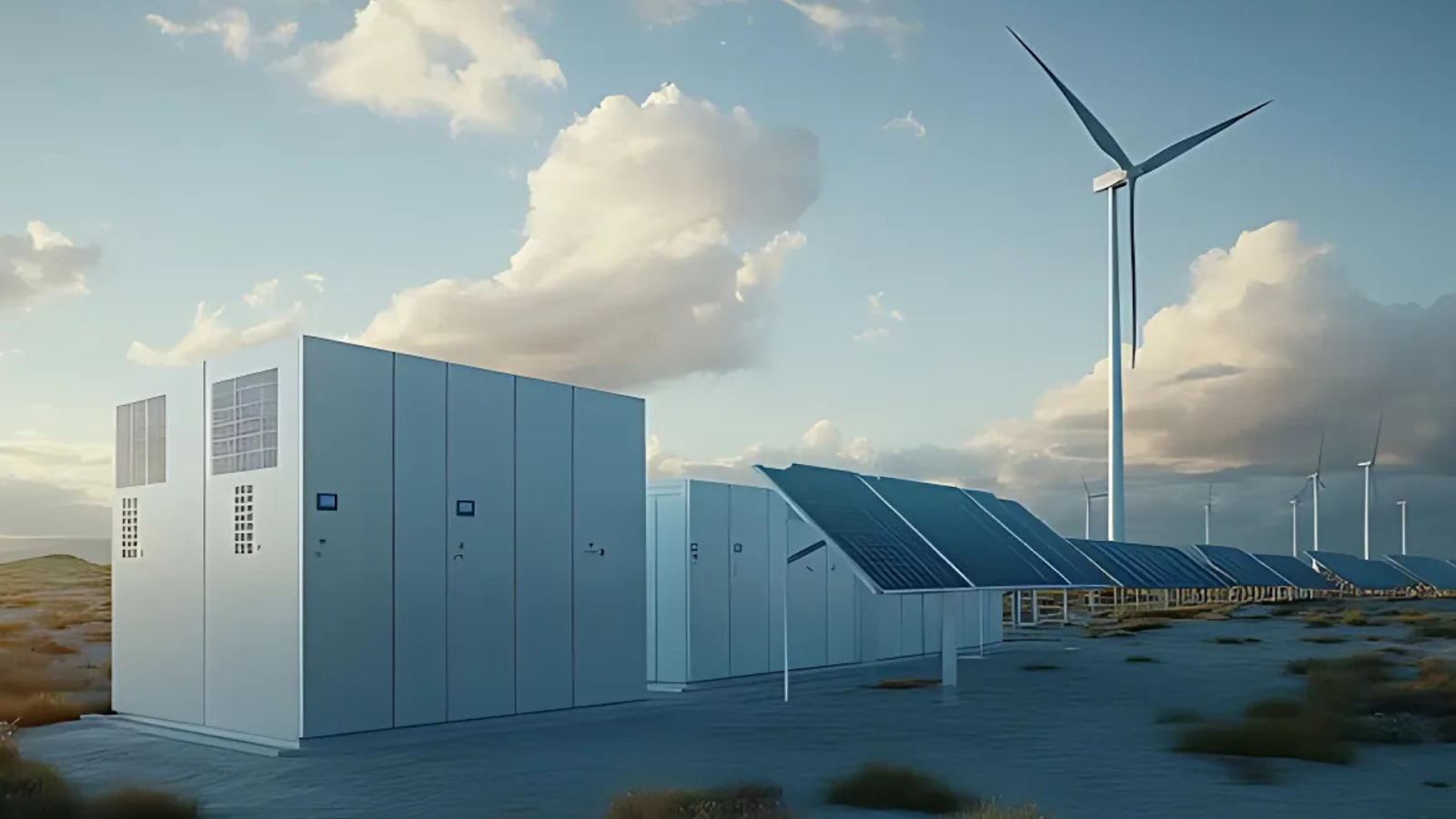Blog
AI in Energy Storage: Transforming Power Solutions

The Role of Artificial Intelligence in Energy Storage
As the world increasingly pivots towards renewable energy, the integration of artificial intelligence (AI) in energy storage has become a game-changer. AI technologies are revolutionizing how we store, manage, and utilize energy, allowing for more efficient and sustainable power solutions. This article delves into the transformative role AI plays in energy storage systems.
Understanding Energy Storage Systems
Energy storage systems (ESS) are critical for balancing supply and demand in power generation. They allow surplus energy generated during low-demand periods to be stored and used when demand peaks. With the rise of intermittent renewable energy sources like solar and wind, efficient energy storage has become even more vital.
How AI Enhances Energy Storage
AI technologies facilitate more precise forecasting, optimized operations, and improved decision-making in energy storage systems. Let’s explore some key areas where AI is making a significant impact.
1. Demand Forecasting
Accurate demand forecasting is essential for effective energy management. AI algorithms analyze vast amounts of data, including weather forecasts, historical consumption patterns, and social behavior, to predict energy demand more accurately. This level of precision helps energy providers optimize their storage strategies and reduce wastage.
2. Optimizing Storage Utilization
AI helps in the optimization of energy storage systems by determining the most efficient times to store and release energy. By analyzing data in real-time, AI can decide when to charge or discharge batteries, maximizing efficiency and prolonging the lifespan of energy storage systems. This optimization leads to reduced costs and enhanced system reliability.
3. Enhancing Energy Efficiency
Energy efficiency is a significant concern in today’s energy landscape. AI algorithms can analyze and identify inefficiencies in energy usage patterns, whether in residential, commercial, or industrial applications. By suggesting optimizations, such as adjusting consumption rates during peak times, AI can help users save energy and costs.
AI in Battery Management Systems
Battery management systems (BMS) are at the heart of many energy storage solutions. AI enhances the capabilities of BMS in several ways:
Predictive Maintenance
AI can predict battery performance and potential failures before they occur. By continuously monitoring battery conditions, AI-driven analytics can anticipate when maintenance or replacements will be necessary, minimizing downtime and extending the life of the battery.
Quality Control
In manufacturing energy storage systems, AI can monitor production processes to ensure quality control. Machine learning algorithms can detect defects in real-time, ensuring that only high-quality batteries make it to market.
Facilitating Integration of Renewable Energy
AI technologies are pivotal in integrating renewable energy sources with existing energy grids. Here’s how:
Grid Management
AI can manage the complexities of energy grids that incorporate a mix of traditional and renewable sources. It can balance the flow of energy, predict potential outages, and ensure that energy flows smoothly across the grid.
Smart Grids
Smart grids equipped with AI can automatically adjust energy distribution based on real-time demand and supply conditions. This flexibility supports a more resilient energy infrastructure and helps accommodate the fluctuating outputs from renewable sources.
The Future of AI in Energy Storage
The future of AI in energy storage is promising, with several trends emerging:
Enhanced Energy Autonomy
As AI technologies advance, we can expect to see more autonomous energy storage solutions. Smart systems will increasingly be able to manage their energy usage without human intervention, leading to significant efficiency gains.
Advanced Data Analytics
Future AI advancements will enable deeper insights into energy consumption patterns. By leveraging big data analytics, energy providers can develop more targeted strategies for both energy storage and consumer engagement.
Integration with IoT Devices
The Internet of Things (IoT) will play a crucial role in the evolution of energy storage systems. AI can analyze data from IoT-connected devices to enhance energy management further. Smart homes and businesses will operate more efficiently, making real-time adjustments to energy usage based on fluctuations in energy availability.
Challenges and Considerations
While the integration of AI in energy storage offers many benefits, it also presents challenges.
Data Privacy and Security
As AI systems rely on vast amounts of data, ensuring privacy and security is paramount. Energy providers must implement robust cybersecurity measures to protect consumer information and system integrity.
Regulatory Hurdles
The energy sector is highly regulated, and any new technologies—including AI—must comply with existing regulations. Collaboration between tech companies and regulatory bodies will be vital to ensure that AI implementations meet safety and ethical standards.
Conclusion
The integration of artificial intelligence into energy storage systems is reshaping the energy landscape. By optimizing operations, enhancing efficiency, and facilitating renewable energy integration, AI stands at the forefront of a more sustainable future.
As the technology continues to evolve, its potential for creating resilient, efficient, and autonomous energy solutions is immense. Despite the challenges, the marriage of AI and energy storage heralds a new era in power management—one that could pave the way for a sustainable and more intelligent energy future.

